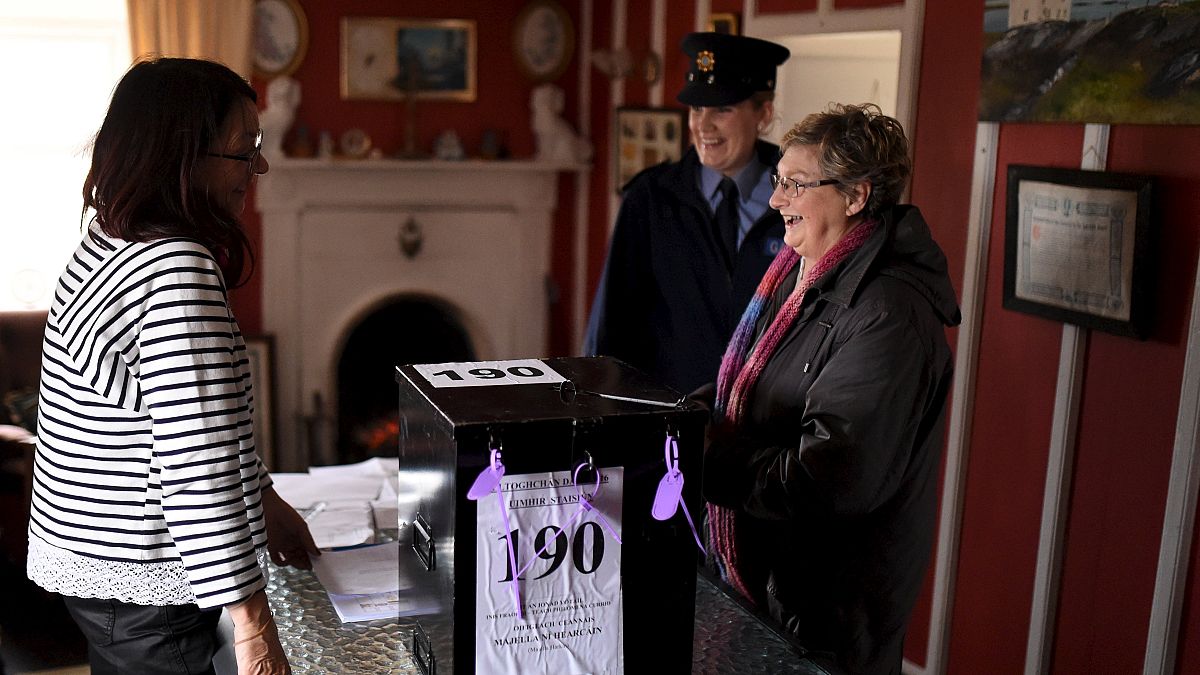Ireland is going to the polls in its first general election since exiting a bailout programme put together by international lenders following the
Ireland is going to the polls in its first general election since exiting a bailout programme put together by international lenders following the country’s economic collapse in 2010.
After years of austerity measures and reforms the economy is bouncing back, posting the highest growth rate in the EU combined with falling unemployment levels.
But this has come at a high cost to Irish voters, who have endured harsh spending cuts, tax increases, pension levies and falling wages. The years of recession fuelled a surge in emigration that is only now tailing off.
The ruling Fine Gael/Labour coalition have won praise on the international stage for turning the economy around, but that hasn’t necessarily translated into popular support.
The last polls showed the government falling short of the required number of seats to retain its majority in the parliament, the Dail. The popularity of the junior partner, Labour, has plummeted, meaning Taoiseach (prime minister) Enda Kenny would have to consider cobbling together a coalition of smaller parties and independents to stay in power, or enter into a ‘grand coalition’ with main rival Fianna Fail – a move he has already indicated would be unwelcome.
Both are broadly centre-right parties but remain rooted in the politics of the country’s bloody civil war of the early 1920s, in which their forebears were on opposite sides.
Sinn Fein, the political ally of the now defunct IRA is on course to be the third biggest party, but is considered electorally toxic by the main establishment forces because of its past association with the violence of the armed group.
So, with a hung-parliament appearing the most likely outcome a period of post-election haggling and horsetrading is on the cards. By virtue of its weekend vote and PR electoral system Irish elections can be drawn out affairs, with multiple recounts and contested results. The final picture may not be known until early next week.
Analysts warn any prolonged uncertainty or political instabilty could impact on Ireland’s much-vaunted economic recovery, with foreign investors wary of any cobbled together or fragile government that may emerge.


